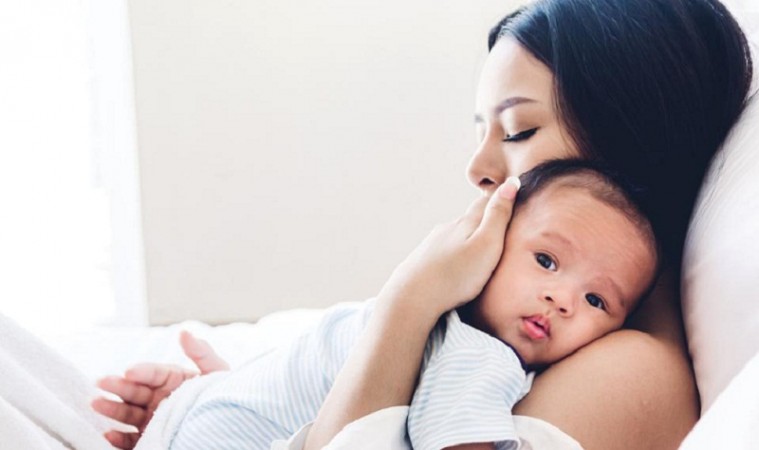
Even though the current COVID-19 vaccines have not been approved for infants, it turns out there may be another way babies can get antibodies in their system - through the breast milk of mothers who have been vaccinated themselves.
The findings showed that breast milk contained elevated levels of the IgA and IgG antibodies, immediately following the first dose of vaccination. Both antibodies reached immune-significant levels within 14 to 20 days of first vaccination in all participants, according to the study, published in the American Journal of Obstetrics and Gynecology.
“Our study showed a huge boost in antibodies against the Covid-19 virus in breast milk starting two weeks after the first shot, and this response was sustained for the course of our study, which was almost three months long,” said lead author Jeannie Kelly, Assistant Professor of obstetrics and gynecology at Washington University School of Medicine in St Louis, the US.
The study involved five mothers who provided frozen breast milk samples after receiving the two-dose Pfizer-BioNTech coronavirus vaccine. They were tracked for antibodies before the first vaccinations and on a weekly basis for 80 days after it. “Our study is limited by a small number of participants, but the findings provide encouraging news about the potential immune benefit to breast-feeding infants after vaccination,” said Misty Good, Assistant Professor of pediatrics, at the Washington University.
Working Mothers' Child-Healthcare Hit Hard When Creches, Day-Care Centres Shut Amid Pandemic
Health For All: Don’t be hesitant while taking COVID-19 vaccine
One out of 10 suffer long-term effects 8 months following mild COVID-19: Study